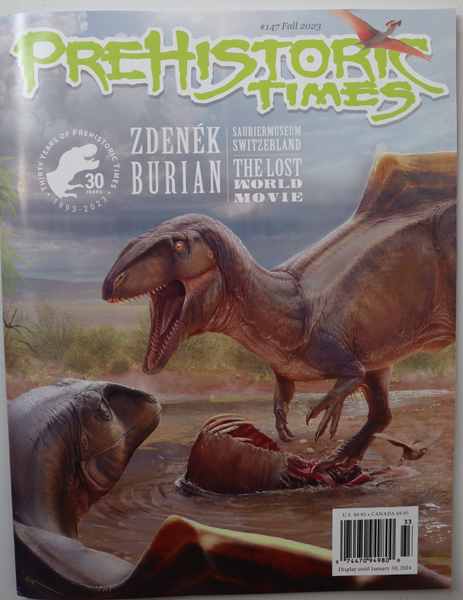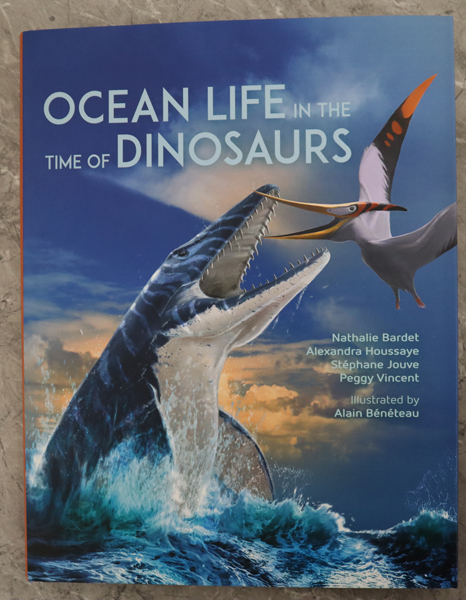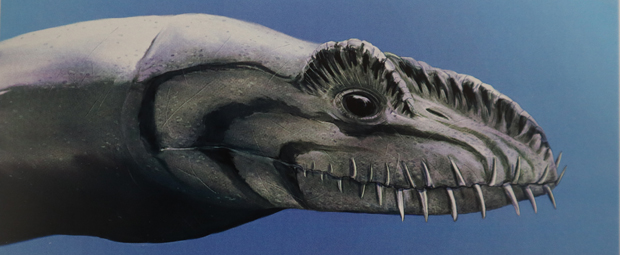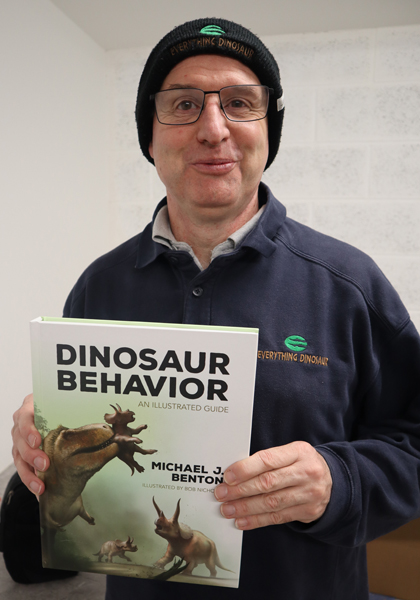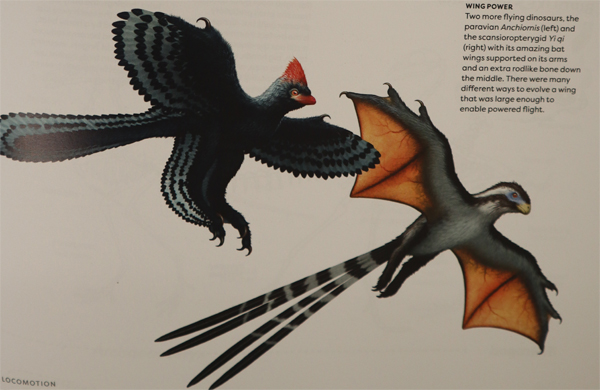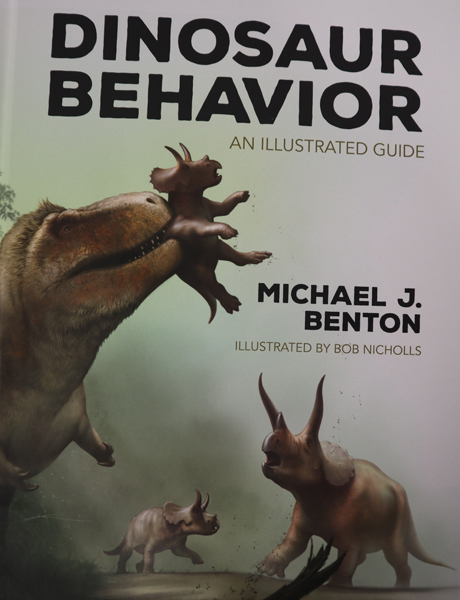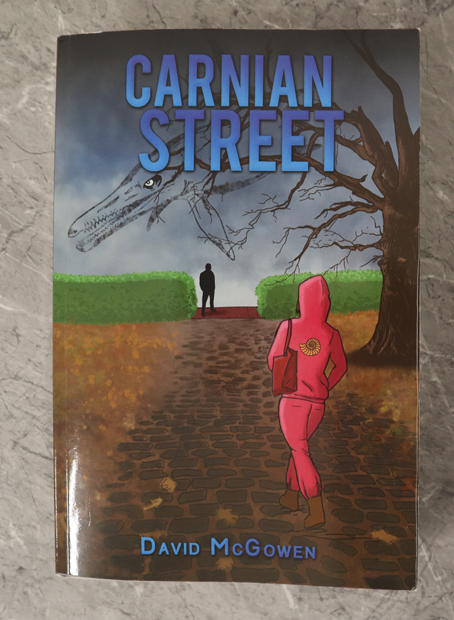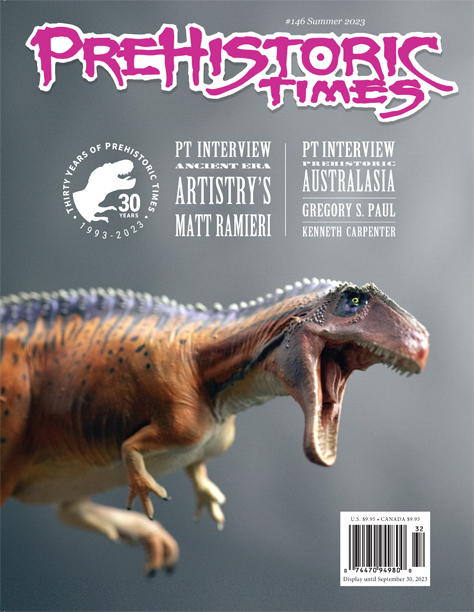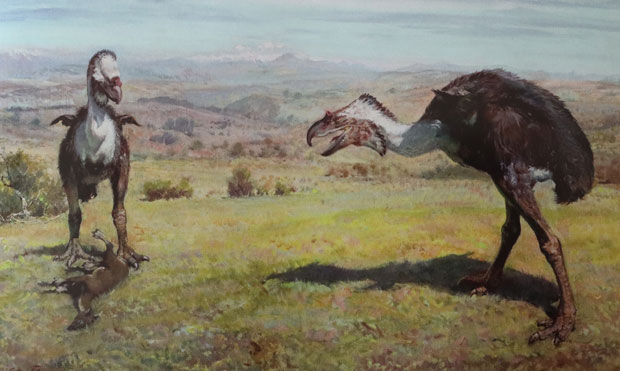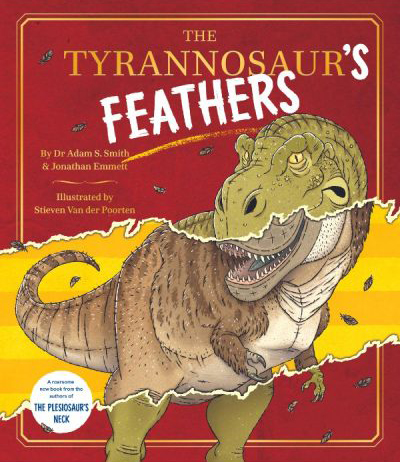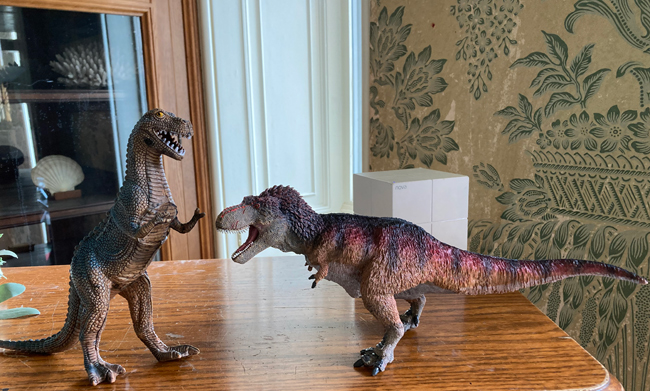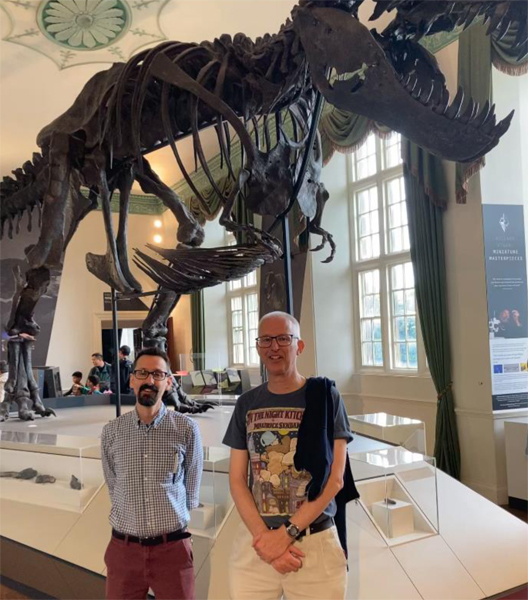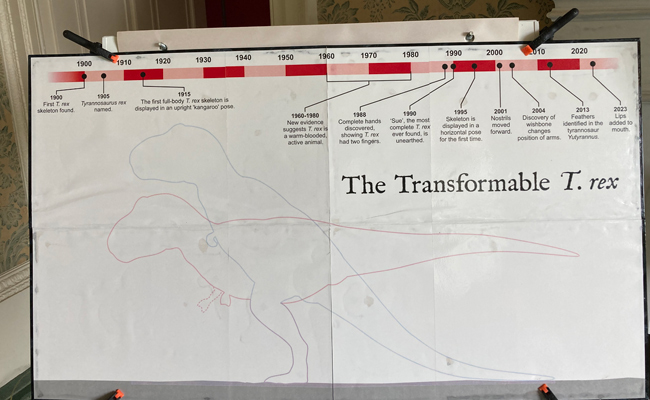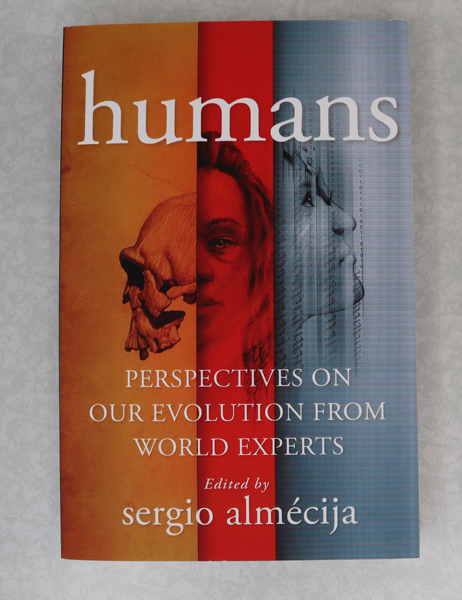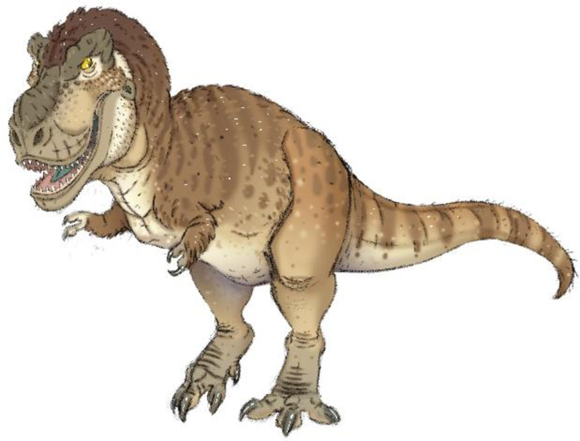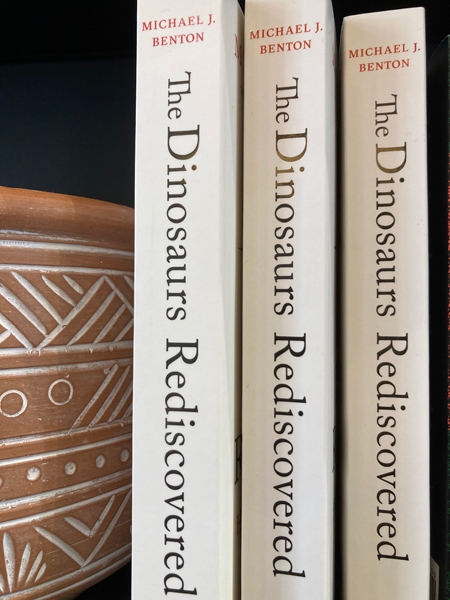Book reviews and information on dinosaur books by Everything Dinosaur team members.
New “Prehistoric Times” Issue Reviewed
The latest edition of “Prehistoric Times” magazine has arrived at Everything Dinosaur. This is the autumn (fall) edition of this popular, quarterly magazine.
The front cover artwork featuring the theropod dinosaur Concavenator was provided by the talented Spanish artist Daniel Navarro.
Picture credit: Everything Dinosaur
The featured prehistoric animals are Ornitholestes and the Early Cretaceous mammal Repenomamus. These articles feature some superb reader submitted artwork. Our congratulations to M. Elliot Massion, Wade Carmen and Samuel Pickens for their Ornitholestes illustrations. Cover artist Daniel Navarro provides a dramatic Repenomamus attacking Psittacosaurus illustration and congratulations also to Jaime Martinez for the fantastic Repenomamus sculpture.
Look out for a Dromaeosaurus illustration in right lateral view by our chum Tim Bollinger. In addition, Fabio Pastori highlights Spinosaurus complete with accompanying butterflies.
Burian Features in “Prehistoric Times”
Jon Lavas continues his long-running series discussing the influential artwork of Zdeněk Burian. In this edition, he features xenarthrans and how Burian painted these bizarre American mammals. The detailed and highly informative article includes a number of artworks. The depiction of several different types of ground sloth are particularly impressive, as are the reference materials reflecting glyptodonts.
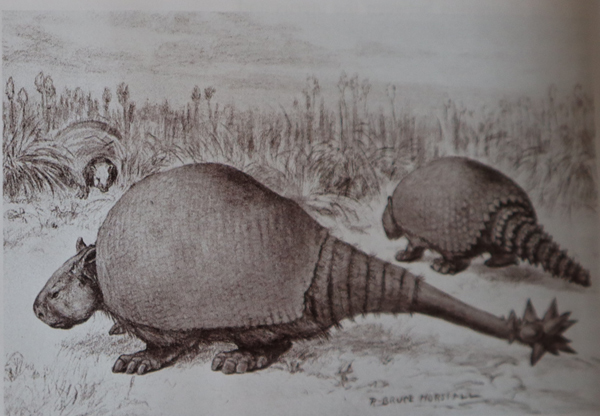
Tracy Lee Ford examines the scales of more advanced theropods in his regular feature entitled “How to Draw Dinosaurs” and editor Mike Fredericks summarises new book releases. Julian Michael Carver concludes his short story and Randy Knol updates collectors about the latest model releases.
It was great to see the stunning Sauriermuseum Aathal in Switzerland featured. Our thanks to John F. Davies for his excellent article. It was also a pleasure to read John Navroth’s account of the filming of “The Lost World”, the cinematic adaptation of Arthur Conan Doyle’s novel of the same name. Any article featuring an image of stop motion pioneer Willis O’Brien is fine by us. As Mike Fredericks (editor) comments, perhaps this article is a prelude to a later piece that will feature the classic “King Kong” film from 1933.
We shall have to keep subscribing to find out.
To learn more about “Prehistoric Times” magazine: “Prehistoric Times” Magazine.


